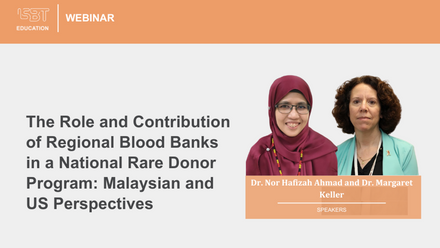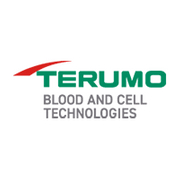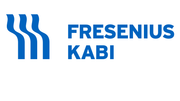Rare blood group registry in India-current challenges and future perspectives
Abstract
Patients who require blood from rare blood group donors present great challenges even to the most advanced healthcare delivery system. It is most challenging to supply blood for a patient with an antibody to an antigen of high prevalence. The blood donor lacking the corresponding antigen would have an occurrence rate of less than one in 1,000. The International Rare Donor Panel was established in 1965, but since then there has been gross underrepresentation of South Asian countries, including India. There are several challenges to starting a rare blood group donor program in India that include technical, logistical, and administrative limitations. But the main limiting factors are poor availability of trained resources, lack of awareness, absence of antibody screening, inadequate number of laboratories with blood group genotyping facilities, and the decentralized nature of blood transfusion services. Despite that, there were several rare blood groups identified by Indian immunohematologists in the recent past. Recently, a transfusion genomic group has been established in collaboration with the clinical transfusion medicine specialists in India under the GUaRDIAN (Genomics for Understanding Rare Disease in India Alliance Network) initiative to address the domain of rare blood group genomics. Similarly, the National Institute of Immunohematology, Mumbai under the directive of the ICMR (Indian Council of Medical Research) has taken a step to start the RDRI (Rare Donor Registry of India). In this context, we explore the current challenges of setting-up a rare blood group registry in India and future goals from a developing nation’s perspective.




















